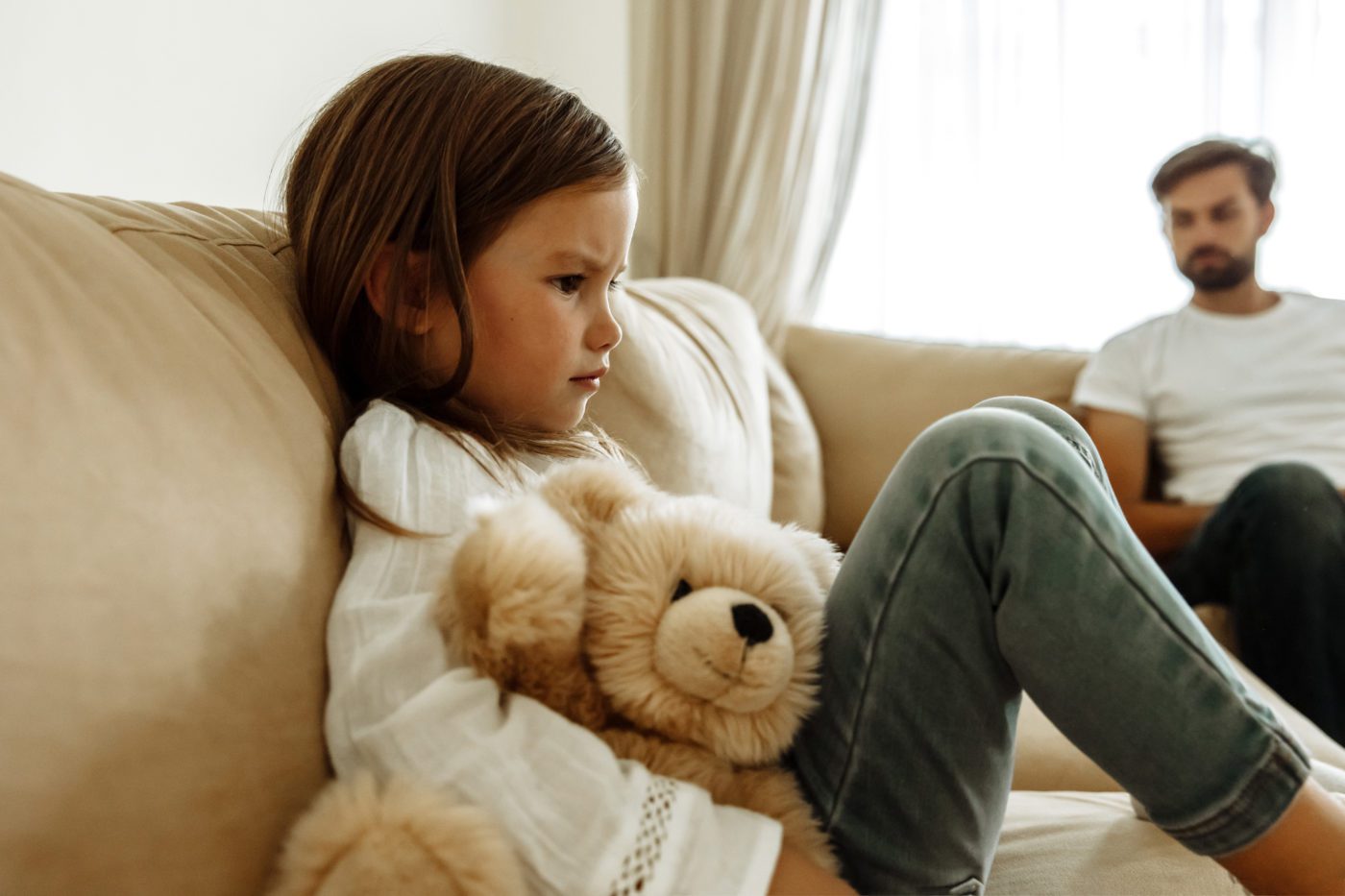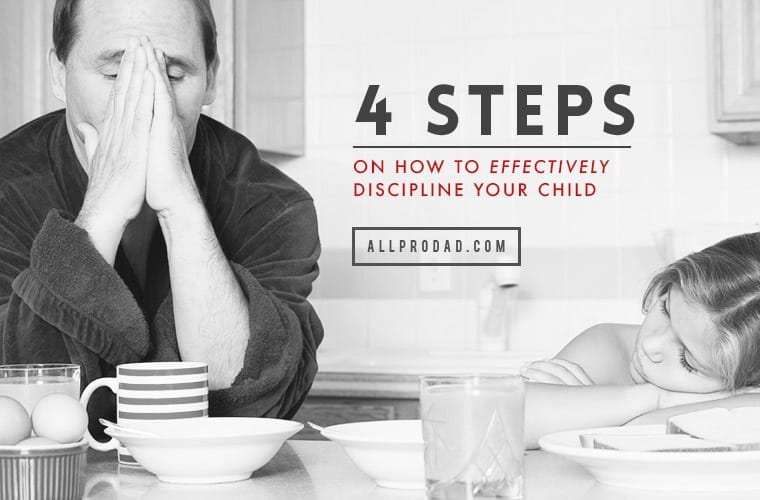Before we get to the 3 Rs, let’s talk about the big “L”—love. When you discipline your child, make sure you approach the process with a spirit of love. What does that mean? Well, for starters, don’t discipline your child out of anger. When you’re ready to explode, take a deep breath, say a prayer, and then approach your child. In other words, think before you act, and have compassion. Because discipline should never involve personal attacks.
Never call your children names or label them “stupid,” “lazy,” or “mean.” Don’t say things like, “How could you do something so dumb?” Never compare them to their siblings or to other children. Negative motivation might seem to work in the short run, but in the long run, it can have devastating effects. Children eventually can feel worse and worse about themselves and may throw in the towel. If they do try, they may feel like they are never good enough. So look into your heart and determine that you’re ready to discipline your child with a loving spirit. When you do, you’ll need to use these 3 R’s of discipline.
1. Remove
When trouble arises, remove your children from the situation and send them to their rooms. Removing is not timeout. The goal in “removing” is to give your child (and yourself) space to calm down. It also gives him or her time to think about what he or she has done in preparation for talking about it with you. “Remove time” should last at least five minutes. When you sense that your child is ready and calm, that’s the time to talk.
2. Reflect
First, ask your child what he or she did wrong. Don’t let him or her make excuses or blame others. Next, ask why it was wrong. And, third, ask how he or she will act differently next time. The primary goal of reflection is for your child to understand the motives behind the actions. You want to shape your children’s hearts so they will be self-motivated to change their behavior. Finally, tell your children the consequences of their actions.
3. Reconnect
Now comes a very important step—reconnecting. Make sure the bond between you and your child isn’t broken. Tell your child you love him or her unconditionally. Give him or her a hug and express your belief that he or she can make the right decision next time. And if you did lose your temper during the disciplining, you owe your child an apology. Your humble spirit will give him or her a living example of how to accept responsibility for actions and set things right.
Sound off: What challenges do you face in disciplining your kids?











Huddle up with your kids and ask, “Who do you think is a better parent—one who disciplines or one who does not? Why?”